La carne de cerdo para el mini-cordon bleu procede de Suiza, al igual que el queso y el jamón usados en su elaboración. Hasta ahora, el fabricante de productos listos para consumir, Bofrost, incluía este artículo en su catálogo con una bandera suiza. Pero esta presentación ya no está autorizada, debido al pan rallado que contiene: el pan no procede de Suiza y la nueva normativa ya no permite declarar este producto como suizo. La nueva ley de la swissness exige que al menos el 80 % del peso de los productos alimenticios conste de ingredientes suizos para poder comercializarlos como tales. En el caso del mini-cordon bleu de Bofrost, el 25 % de su peso, correspondiente al pan rallado, supera este límite.
Numerosas empresas suizas productoras de alimentos han tenido que modificar sus recetas o sus embalajes, o bien ambos, por la nueva legislación. Tal es el caso de Bio-Familia, fabricante de müesli, que habría tenido que suprimir la cruz suiza de 110 de sus 130 embalajes para adaptarlos a la nueva normativa. Con el cambio de 50 recetas logró mantener este símbolo en sus embalajes. Dentro de la empresa se dieron animados debates, declara Niklaus Iten, de Bio-Familia: ¿había que hacer ajustes o sencillamente renunciar a la cruz suiza? Finalmente, la empresa optó por conservar el logotipo –en parte porque se temía que, de lo contrario, se produjera un descenso de las exportaciones–. “Nuestros clientes del extranjero nos dijeron claramente que sin la cruz suiza no tendríamos ninguna oportunidad”, explica Iten.
Zumos o patatas fritas
También en el caso del fabricante de productos alimenticios Hero, la nueva ley requirió la introducción de cambios. Hero tuvo que quitar el logotipo suizo de 70 productos, entre ellos de paquetes de pasta Napoli: si bien la pasta se fabrica en Suiza, este país no dispone de suficiente sémola de trigo duro, por lo que se importa. Por su lado, Nestlé quitó la cruz suiza de 80 productos, entre ellos los de las marcas Thomy y Leisi. En el caso de los zumos Ramseier, la cruz suiza tuvo que desaparecer cuando contenían frutas exóticas. En cuanto a los productos listos para consumir, como los de Frigemo, se retiró el logotipo de las patatas fritas, debido a que no se podía garantizar que el 80 % de las mismas fueran suizas. En cambio, el fabricante de caramelos de hierbas Ricola, que usa su origen suizo como parte importante de su mercadotecnia, sólo tuvo que hacer ajustes puntuales de sus recetas.
Muchas empresas critican la nueva ley, argumentando que se preocupa más por el origen de las materias primas que por su fabricación en Suiza. Esto es lo que opina, por ejemplo, el procesador de productos lácteos Hochdorf. Por su parte, Daniel Bloch, Director de la empresa que produce el célebre chocolate Ragusa, considera un error que “los engorrosos requisitos sobre el origen de las materias primas creen nuevos obstáculos para las empresas que fabrican en Suiza”.
Sarah Stalder, gerente de la Fundación para la Protección del Consumidor, rechaza tajantemente tales afirmaciones: “Quejarse ahora sólo es demostrar que como fabricante de productos alimenticios uno está muy dispuesto a cobrar el plus de la swissness; pero quiere que todo lo demás siga igual”. Opina que la industria ha tenido suficiente tiempo para adaptarse a las novedades o para solicitar exenciones. En este mismo sentido, el Subdirector de la Oficina Federal de Agricultura, Dominique Kohli, afirma: “Se dramatizan las consecuencias de la ley sobre la swissness”. Y añade que hasta ahora no conoce ninguna empresa que haya debido reducir su plantilla por esta nueva ley.
Matthias Pfander es redactor económico del periódico “Tages-Anzeiger”
La nueva normativa de “swissness”
¿Cuándo puede comercializarse un producto como suizo?
Productos naturales: En el caso de minerales (como la sal), plantas, frutas, animales de cacería y pescado, lo que importa es el lugar donde fueron extraídos, cosechados, cazados o pescados. Tratándose de carne de animales de crianza, éstos deben haber vivido la mayor parte del tiempo en Suiza. En cuanto a los productos de origen animal como los huevos, la leche o la miel, los animales de los que proceden deben haberse criado en Suiza.
Productos alimenticios: Al menos el 80 % del peso de un producto debe corresponder a materias primas originarias de Suiza, y las principales fases de procesamiento deben realizarse en Suiza. Si este país no dispone de uno de los ingredientes (cacao o piña, por ejemplo) o no en la calidad requerida o la cantidad suficiente, este ingrediente no se tendrá en cuenta o sólo en parte. Los aditivos que representan pequeñas cantidades como la sal, las especias o la levadura no se incluyen en los cálculos. Además, la Confederación ha autorizado de momento 58 excepciones (entre ellas, el azúcar cande o la clara de huevo en polvo).
Artículos industriales: Un 60 % de los gastos de producción (en el caso de los relojes, por ejemplo) deben generarse en Suiza y las fases importantes de la fabricación deben tener lugar en Suiza. También se toman en consideración los gastos de investigación y desarrollo o los de garantía y control de calidad y certificación.
Servicios: Tratándose de servicios, la sede administrativa del proveedor debe estar en Suiza y las actividades principales deben llevarse a cabo dentro del país. (map)
Foto Keystone
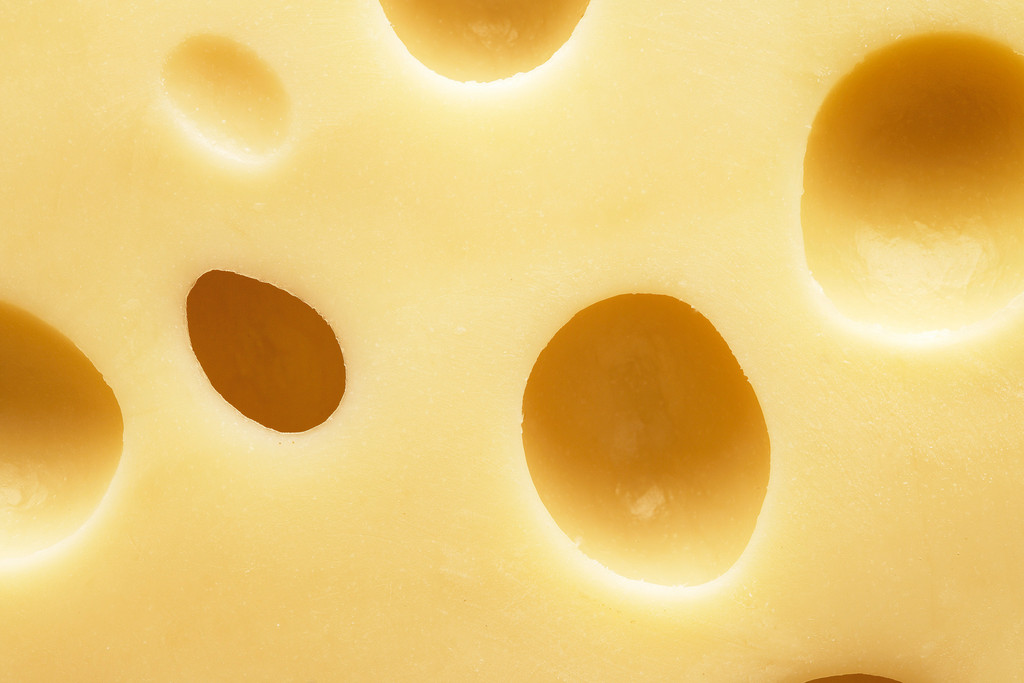
![[Translate to es:]](/fileadmin/_processed_/9/e/csm_maggi-flasche-geneigt_d99b6f4bac.jpg)

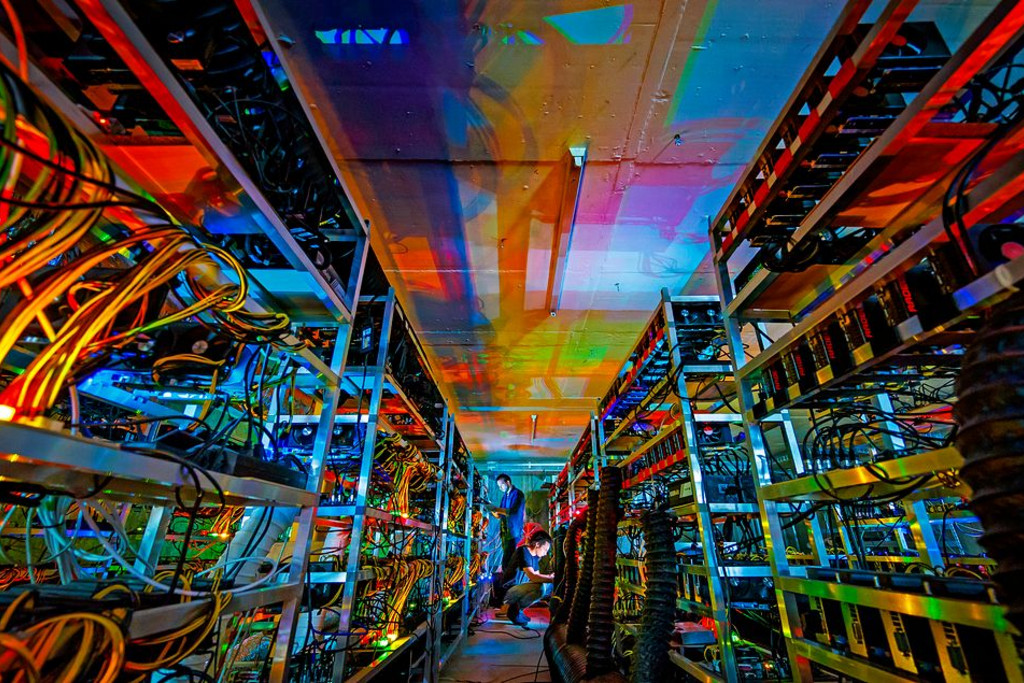
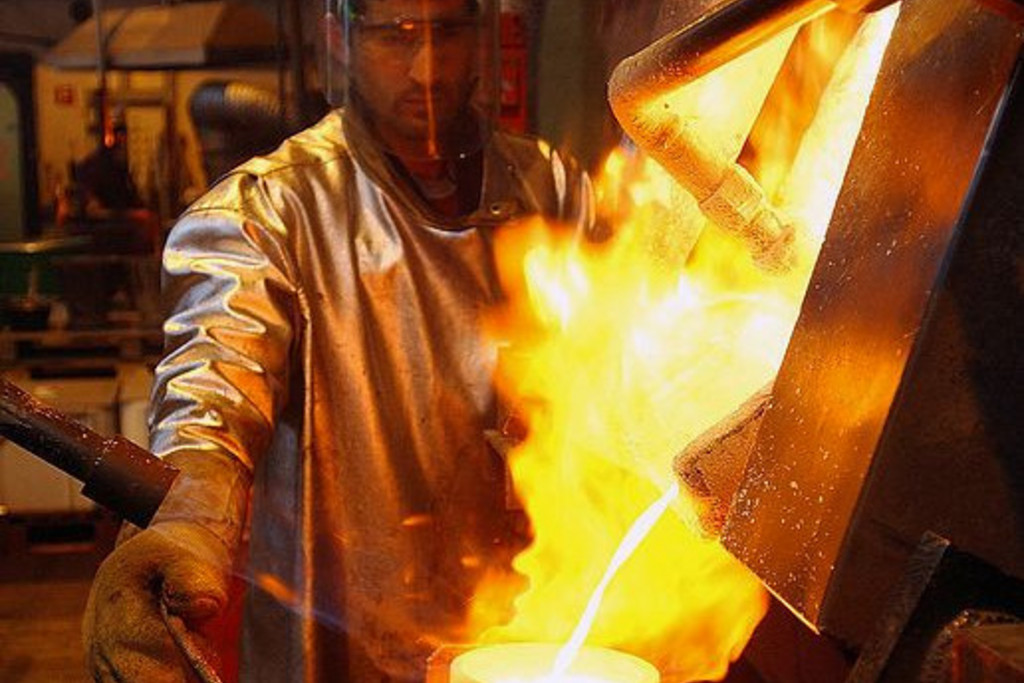

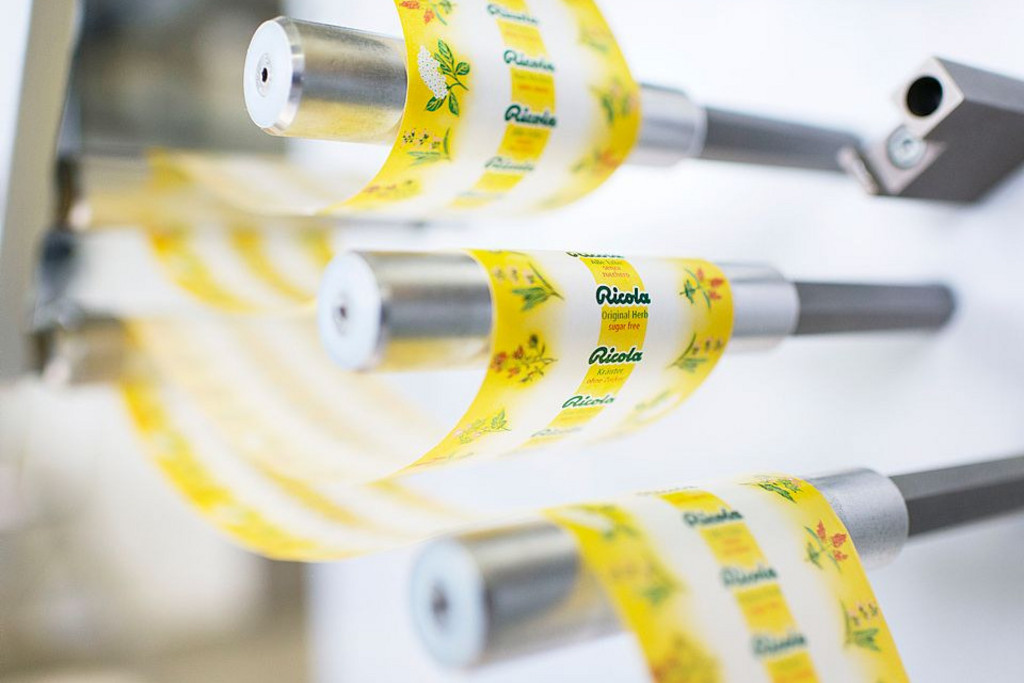
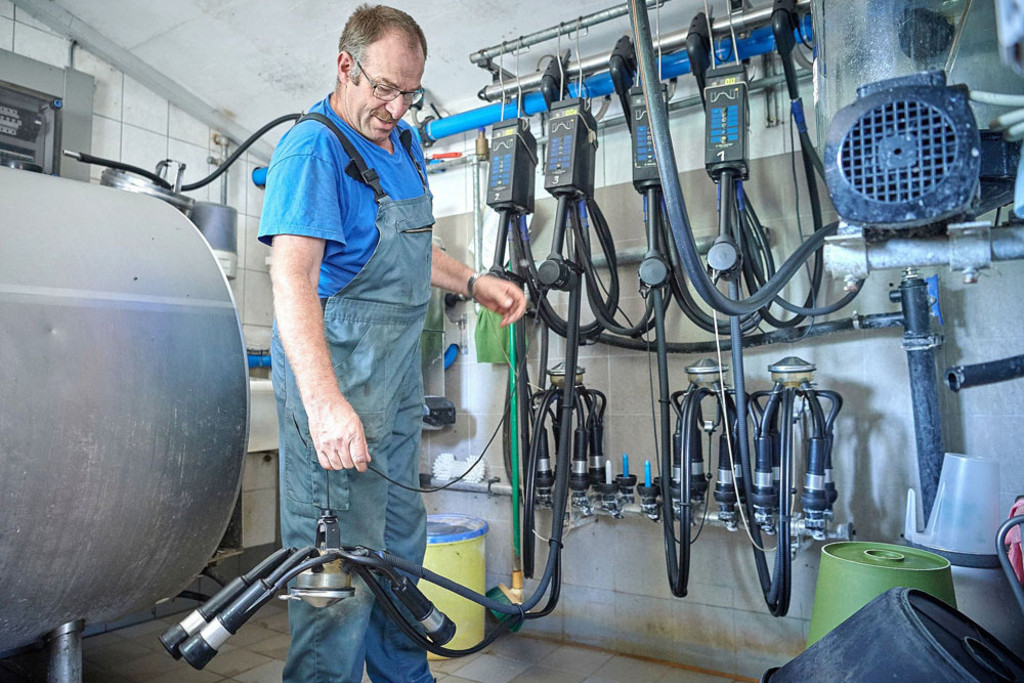

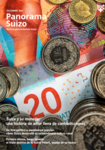

Comentarios
Comentarios :
The Swiss label stands for quality worldwide, even at a subconscious level among consumers who know nothing about Switzerland. Since companies abuse the brand and dilute it, it is necessary to protect and strengthen it, and the only way to achieve that is through enforcing standards.
It is important to remember that this act not only protects Swiss industries, it also protects consumers by improving transparency with regards to the origin and practices used in preparing the products and services we buy.
Companies that can no longer use the Swiss label due to not meeting the standards of the Swissness Act, are not discriminated against. They can still protect their brands with trademarks and customer satisfaction.
The Swiss label stands for quality worldwide, even at a subconscious level among consumers who know nothing about Switzerland. Since companies abuse the brand and dilute it, it is necessary to protect and strengthen it, and the only way to achieve that is through enforcing standards.
It is important to remember that this act not only protects Swiss industries, it also protects consumers by improving transparency with regards to the origin and practices used in preparing the products and services we buy.
Companies that can no longer use the Swiss label due to not meeting the standards of the Swissness Act, are not discriminated against. They can still protect their brands with trademarks and customer satisfaction.
I agree that products with any Swiss designation need to have high standards of quality control but not to the detriment of Swiss manufacturers and the economy.
Die USA und damit auch Trump werden sich diese Fragen wohl nie stellen, weil schon allein diese nie auf so etwas kommen würden. Mehr noch, die Qualität ihrer Produkte können Sie auch mit wer weiss was für einen Verpackungs-Aufdruck verbessern.
Es kommt mir ähnlich vor wie hier in Costa Rica die Geschwindigkeits-Vorschriften auf der Autobahn. Alle fahren so schnell sie wollen, denn erwischt zu werden ist so selten wie ein Los in der Lotterie zu gewinnen. Ich nehme an, die Polizei hier benützt vielleicht einmal pro Woche eine der wenigen Radar-Pistolen die sie besitzen.
Als Schweizer hier im Ausland, fällt uns eventuell auf, dass der Gegenstand nicht in der Schweiz hergestellt wurde, aber ein Nichtschweizer, weiss zum Teil nicht einmal was das Schweizerkreuz bedeutet. Wenn sie im Süden von den USA Benzin tanken und der Schwarze, welche das Benzin einfüllt fragt, woher du kommst, und du sagst "from Switzerland", wird er vermutlich antworten: "Oh, that's in New Mexicio, right". Vermutlich kann er gar nicht lesen.
Also viel Glück mit dem neuen Gestetz. Hier in Costa Rica, wenn jemand etwas dummes macht, sagt man: "Para tonto no hay que estudiar" oder auf Deutsch: Um dumm zu sein muss man nicht studieren. Das Gesetz hat sicher eine gute Absicht, und wie man sagt, zählt ja diese. Dass es nicht kontrollierbar ist, ist jedoch dumm.
Komischerweise lässt man dies zu weil man wohl angst hat dem "Grossen Bruder" auf den Nerf zu treten!!
Aber als Schweizer der schon 32 Jahre in den USA lebt und 49 Jahre für eine "echte"Schweizer Firma gearbeitet hat ist es oft mühsam zu sehen mit was für welchen S,,,,,produkten unser Schweizerkreuz und der Name SWISS in Verbindung gebracht wird.
Wenn die Schweizer Flagge international geschützt ist, dann sollte man gegen die kommerziellen Sünder vorgehen können. Dazu brauchen wir eine zentrale Meldestelle, wo man Bilder einschicken kann.
Es werden Berichte erstellt , kontrolliert , Sitzungen abgehalten und neuen Weisungen vom Staat verfolgt .Die anfallenden Mehrkosten der produzierenden Firmen verteilen sich dann elegant und fast unmerklich auf den Verbraucher.
Mein Unmut kommt nicht von ungefähr , ich lernte in einer Gross Schweizer Firma mit 1000 Bürolisten / 2000 Arbeiter welche erwartungsgemäss bald unter gegangen ist. Vor meiner Pensionierung in einem Schweizer Staats Betrieb welcher in den 80er Jahren mit 20 Angestellten perfekt funktionierte arbeiten unterdessen mit dem gleichen Auftrag Volumen gegen 50 Angestellte.
( Umständliche Anforderungen und Hürden )wie in Ihrem Bericht oben zitiert !